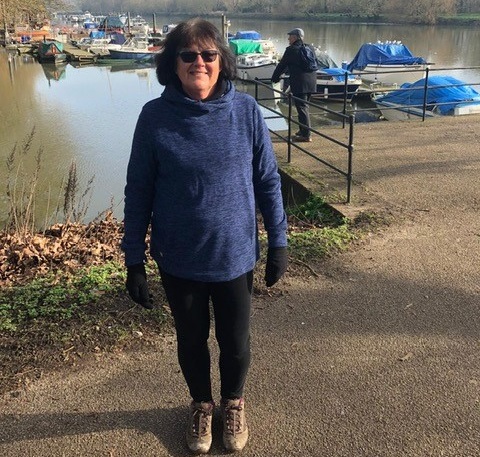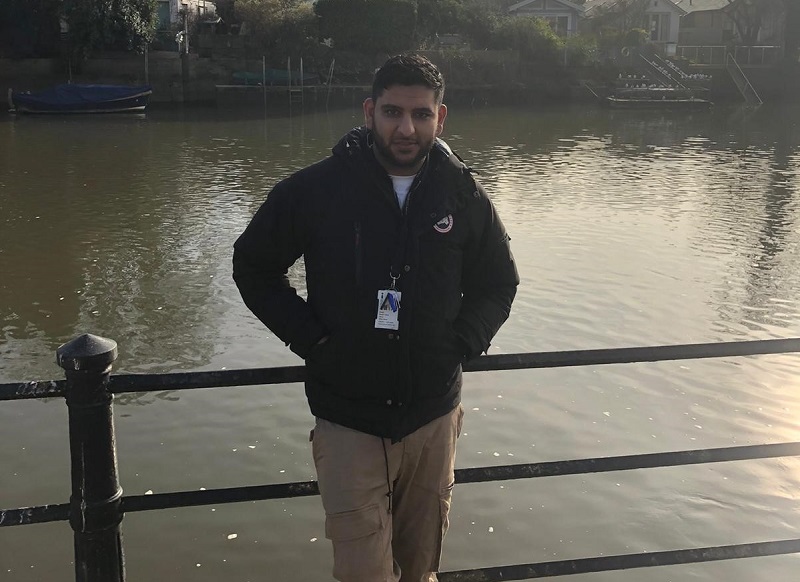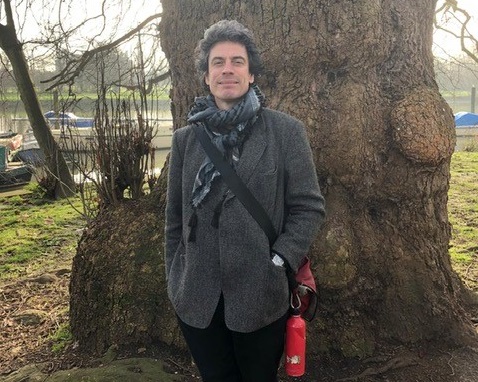By Amelia Oprean and Logan Forbes
February 5 2020, 16.45
Follow @SW_Londoner
On Sunday, convicted terrorist Sudesh Amman stabbed two pedestrians on Streatham High Road before being shot dead by police.
He was released from prison on January 23 after serving half of his three year, four month prison sentence, carrying out his attack just days after his release.
His mother, Haleema Faraz Khan, 41, told Sky News: “He was fine when I went to see him. He became more religious inside prison, that’s where I think he became radicalised.
“He was watching and listening to things online which brainwashed him. Before he went to prison he was not that religious. After he came out he was really religious.”
We took to the streets of Twickenham to ask the public about whether they think terror sentencing laws are working to tackle the problem of terrorism.
Are the current terror sentencing laws working?
Yes – 20% No – 80%
Sally Ransom, 68, retired from Croydon, said: “Prisons are far too full. It’s also far too easy to reoffend.
“We’re never going to get rid of the problem, it’s just going to get worse, unfortunately.”

Shyam Tanna, a 29-year-old design engineer from Twickenham said that prisons should ‘try to get them more integrated and change their mindset’.
He added: “I don’t think it should be one of those rehabs where you have to come check in once or twice a week.”

Prison rehabilitation can include education programmes and help from the workers, as well as learning working skills such as manual labour and giving them training.
Neil Lambert, 51, a sound engineer from Tottenham, said: “There is a lack of male role models in the west, which is combined into this hateful set of actions.
“People would be led out of these ways of thinking and acting if they had people who they aspired to be in key positions.”

Education is a large part of rehabilitation in the prison system, but not just for those incarcerated.
Nichelle Charles, 21 from Islington, says that ‘people should be more educated on what to do in the event of a terrorism incident’, and believes that ‘it can be considered one of the most important aspects of educating young people today’.
However, John Galt, a 34-year-old software developer from Chile said: “I feel like the social stability and security is way beyond what I have in Chile.”
Gabriella Mazzini, a 35-year-old childcare worker from Brazil, also agreed, saying: “I feel safer here than in my country. The laws here work.
“Obviously not everything, but for the most part they do work.”
